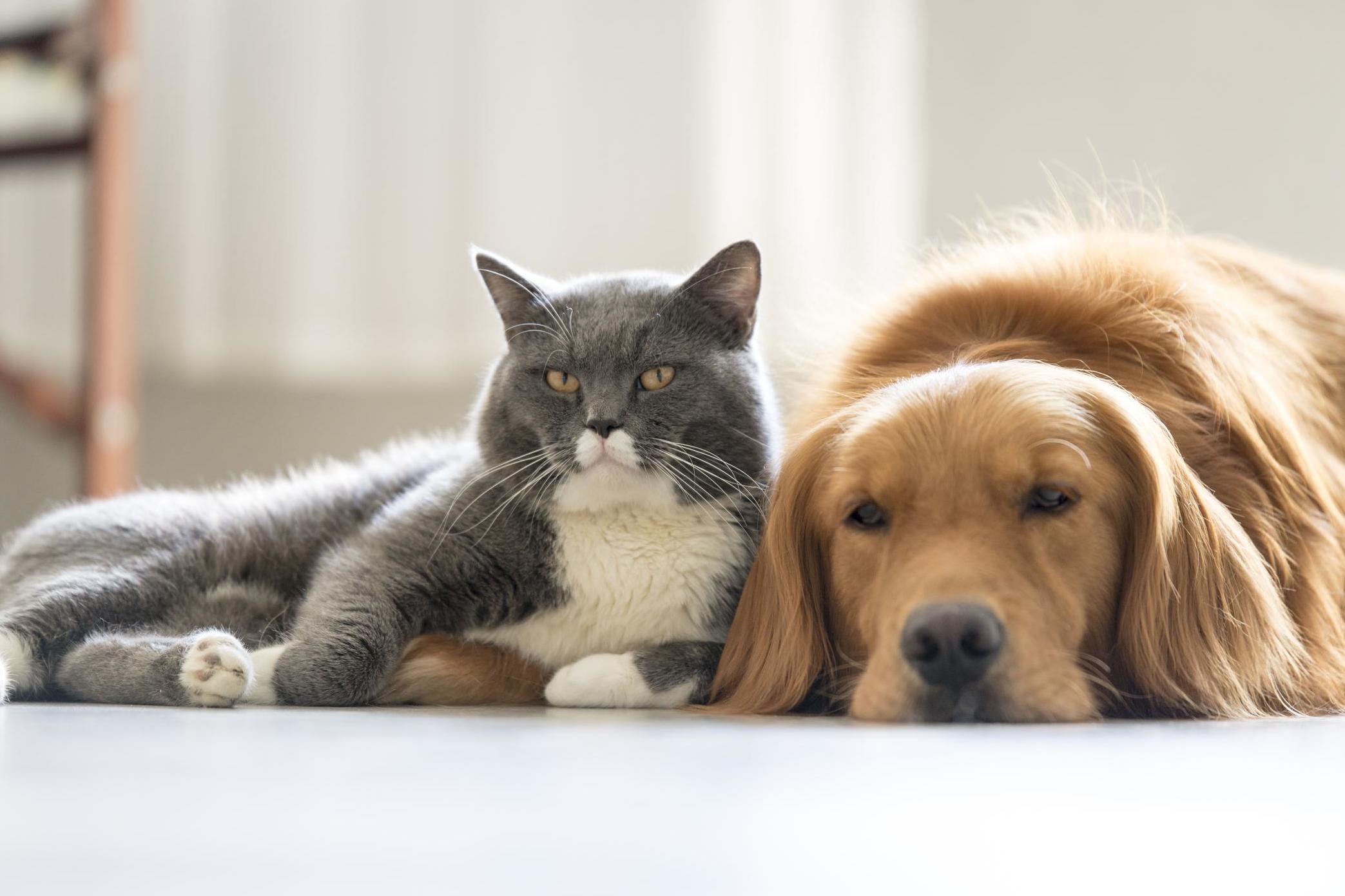One in three pet-owners keen to feed their animals a vegan diet
The RSPCA is calling for more research into the long-term benefits

Veganism has been on the rise among humans for a while, but new research shows the trend has started to gain momentum in the animal kingdom.
A survey of more than 3,670 dog and cat owners from around the world found that 35 per cent are interested in putting their pets on a vegan diet while 27 per cent of respondents who follow a vegan diet themselves have already done so.
More than half (55 per cent) said that certain measures would need to be met in order for them to commit to changing their pet’s diets, such as gaining veterinarian approval and ensuring their animal’s nutritional needs are met.
You might think that those considering the switch are vegan themselves, but in actual fact, just six per cent of the survey’s respondents followed the plant-based lifestyle.
The study’s lead author, Dr. Sarah Dodd of the veterinary college at the University of Guelph, Canada – which conducted the study - said she was surprised at how many pet-owners were already feeding their animals exclusively vegan food.
Vegan Voyagers
Show all 6“That percentage, 27 per cent, might sound like a small number, but when you think of the actual numbers of pets involved, that’s huge, and much higher than we expected.”
Dodd also stated that study suggests the interest surrounding vegan pet diets may increase in the coming years.
“People have been hearing about how vegan diets are linked to lowered risks of cancer and other health benefits in humans. There is also growing concern about the environmental impact of animal agriculture.
“So, while only a small proportion of pet-owners are currently feeding plant-based diets to their pets, it is safe to say that interest in the diets is likely to grow.”
But she added that the study, which was published in the journal PLoS One, indicates that more research is needed into the nutritional benefits and consequences of feeding’ one’s pet a vegan diet.
An RSPCA spokesperson concurred, telling The Independent that there is a paucity of research in terms vegan pet diets, which renders it difficult to draw any conclusions on its benefits.
“Dogs are omnivores and can eat a wide variety of food types so they can survive on a vegetarian diet as long as the diet is well-balanced,” they said.
It is a different story for cats, however, who are “strict carnivores” and depend on specific nutrients found primarily in meat, such as taurine, vitamin A and arachidonic acid.
“We are aware of vegan/vegetarian pet food which includes these nutrients but these are relatively new to market and we have not seen any long-term studies about the effects of feeding cats a diet like this,” the spokesperson added.
“However, we are also not aware of any cases of health problems associated with them. We would like to see more scientific evidence about the effects of such specialised diets on cats and cannot advise feeding them at this time.”
If an owner is considering putting their pet on a vegan diet, the RSPCA urges them to consult with their vet first.
Subscribe to Independent Premium to bookmark this article
Want to bookmark your favourite articles and stories to read or reference later? Start your Independent Premium subscription today.

Join our commenting forum
Join thought-provoking conversations, follow other Independent readers and see their replies